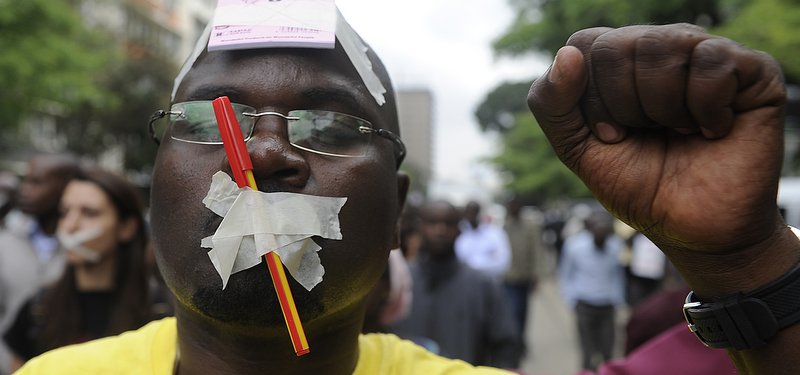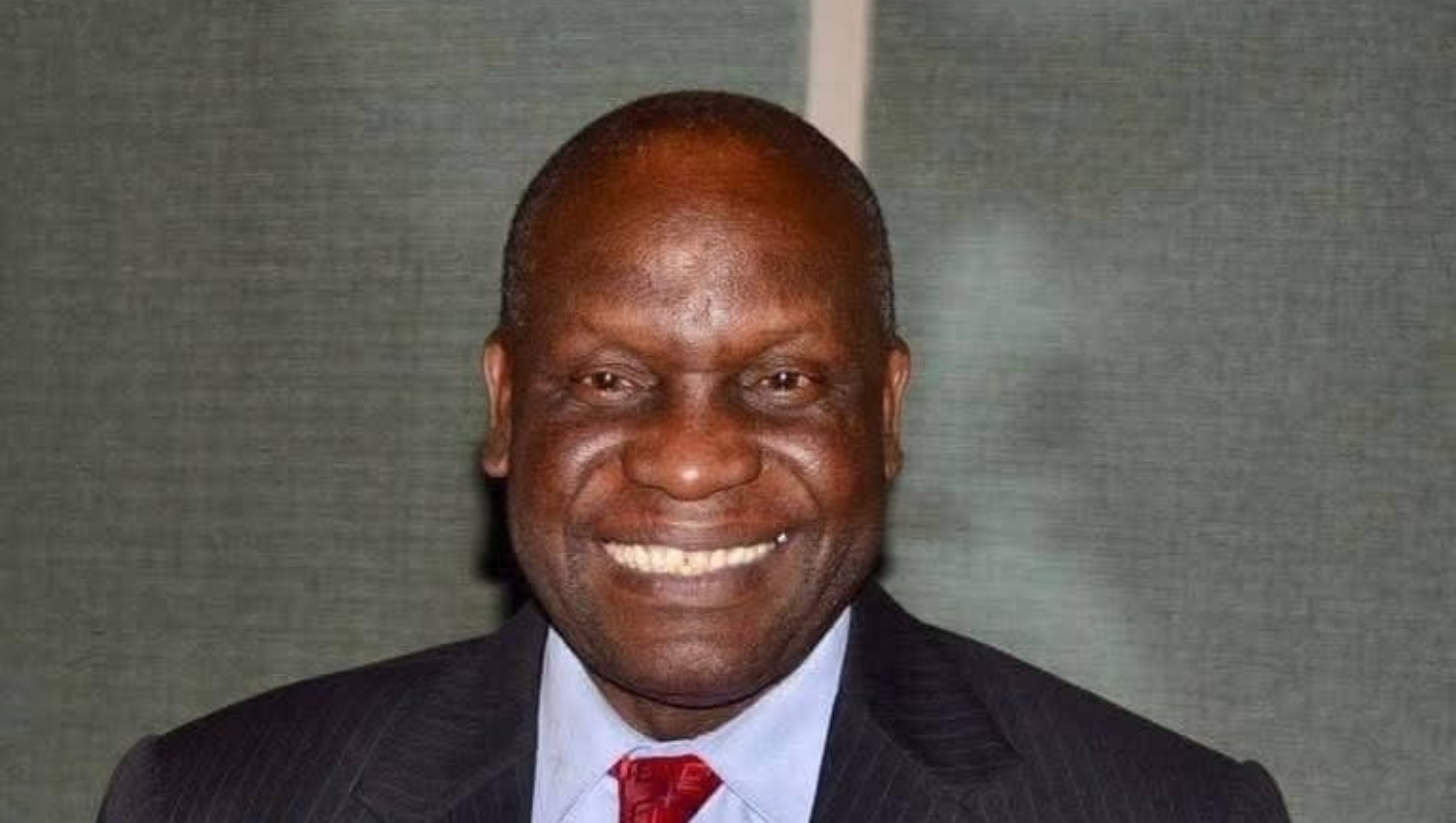Celebrating World Press Freedom Day 2018
MISA Zambia is sharing its recommendations for improving media freedom, freedom of expression and access to information in Zambia to mark World Press Freedom Day. You can also download a PDF copy to print and share.
[highlight1]LAWS AND REGULATIONS[/highlight1]
Repeal undemocratic and archaic legislation hostile to the media
A number of laws in Zambia endanger press freedom, thereby limiting the critical role media plays in a democracy. Little progress has been made in getting government to review or repeal these undemocratic and, at times, archaic laws, some of which are also used against people with dissenting views. Civil society and international agencies need to keep lobbying Zambia’s lawmakers for legal reforms.
Authorise the Independent Broadcasting Authority to regulate ZNBC
Zambia National Broadcasting Cooperation (ZNBC) often serves government interests rather than the general public’s. It currently doesn’t fall under any regulating body as Zambia’s Independent Broadcasting Authority only oversees private broadcasters. Civil society and ordinary Zambians must continue to push for ZNBC’s regulation by the broadcasting authority in order to level the playing field for all media.
Develop and adopt a comprehensive media and communications policy
Zambia still lacks a comprehensive information and media policy to steer the media industry’s diverse activities, growth and general provisions. Media bodies and civil society must continue advocating for such a policy document, which exists as a 1996 draft with revisions in 2002 and 2012.
[highlight1]DIGITAL RIGHTS[/highlight1]
Ensure cyber-crimes laws don’t curb privacy and freedom of expression
Zambia is in the process of enacting three bills to prosecute cyber-crimes. These are aimed to control and oversee all information and communication technology practice in Zambia. While waiting for these bills to be presented to parliament, civil society needs to advocate to ensure the proposed laws don’t impede on freedom of expression and access to information and also conform with national and regional principles protecting the right to privacy, including the right to private communication.
Protect online freedom of expression
As a growing number of ordinary Zambians exchange ideas and information online, public authorities are increasingly threatening – and even arresting – people because of views and information posted on social media. Civil society must step up awareness of digital rights and demand the promotion and protection of freedom of expression and access to information rights.
[highlight1]RIGHT TO INFORMATION[/highlight1]
Enact the Access to Information bill
Zambia’s government needs to maintain its promise to pass this important piece of legislation, which previous administrations have failed to do. The bill will increase people’s access to government-held information, thereby enhancing the fight against corruption as well as improving the accountability of public office bearers.
[highlight1]MEDIA INDEPENDENCE[/highlight1]
Liberate public media from state interference
Government interference in ZNBC and the public newspapers, Times of Zambia and Zambia Daily Mail, is on the rise, eroding progress made in this respect. Government should make these truly public and independent as opposed to state controlled. This will tremendously improve their capacity and credibility and ultimately, have a positive impact on Zambia’s media fraternity.
[highlight1]SAFETY OF JOURNALISTS[/highlight1]
Protect journalists and make their working environment safe
Harassment, violence, and arrests by political party cadres and state agents pose serious threats to journalists in Zambia. Organisations, both local and international, need to push for a safe working environment for journalists as this is essential to being able to gather quality information and disseminate it in a timely manner.
[highlight1]MEDIA ETHICS[/highlight1]
Insist on ethical and professional media workers
As well as promoting media freedom and freedom of expression, media advocacy institutions also need to insist on professional standards and responsible reporting from media workers.
You can read more about media freedom in Zambia in our State of the Media (PDF) reports.
And you can also take a look at the Way Forward 2018 recommendations for MISA Lesotho, MISA Malawi and MISA Zimbabwe.









